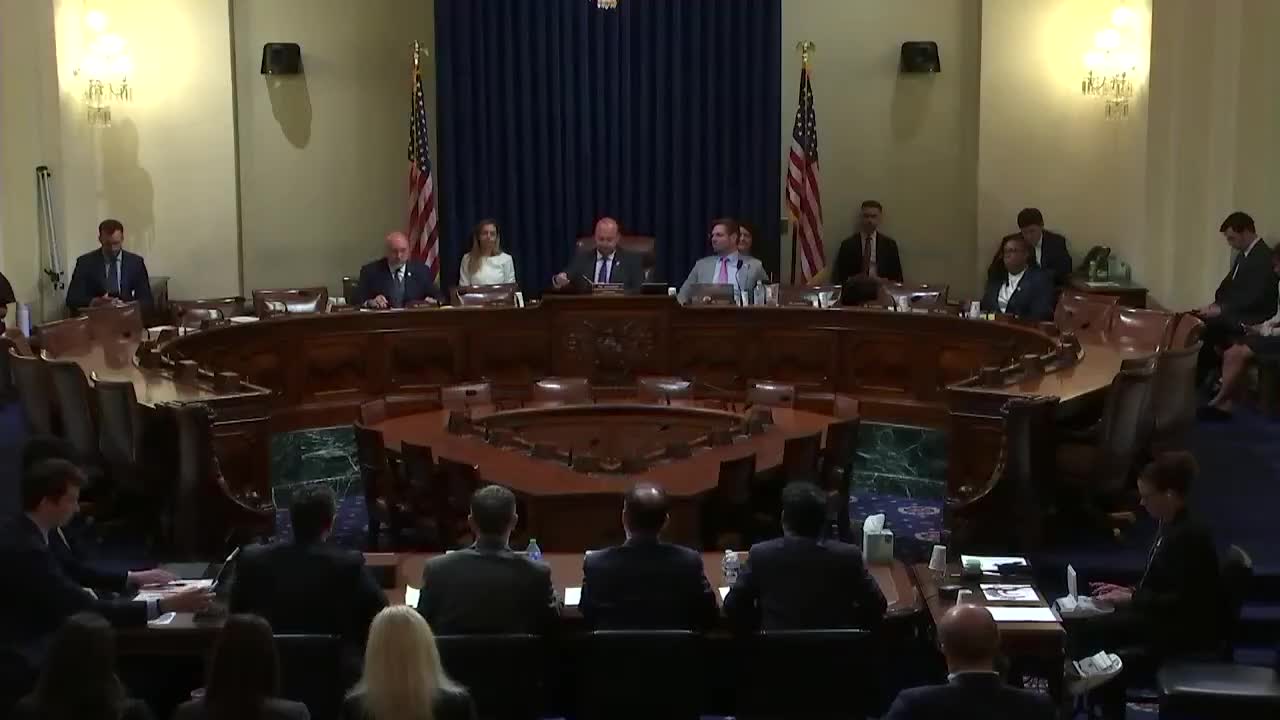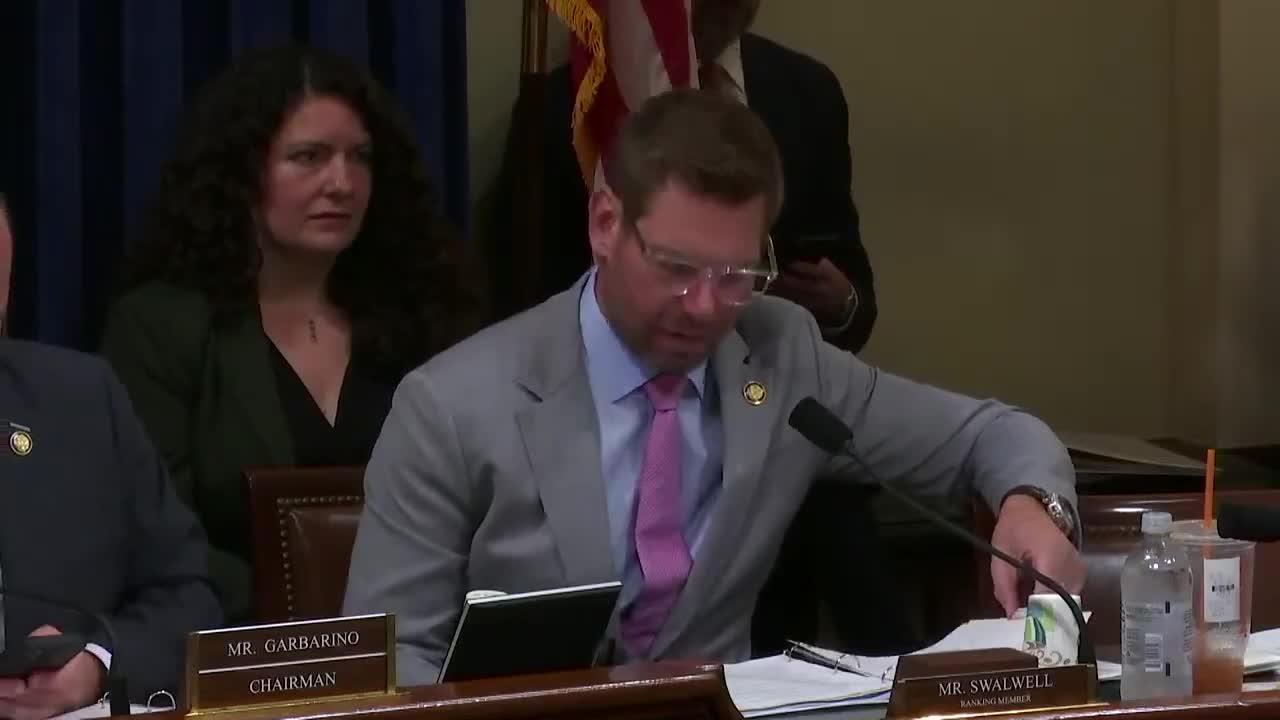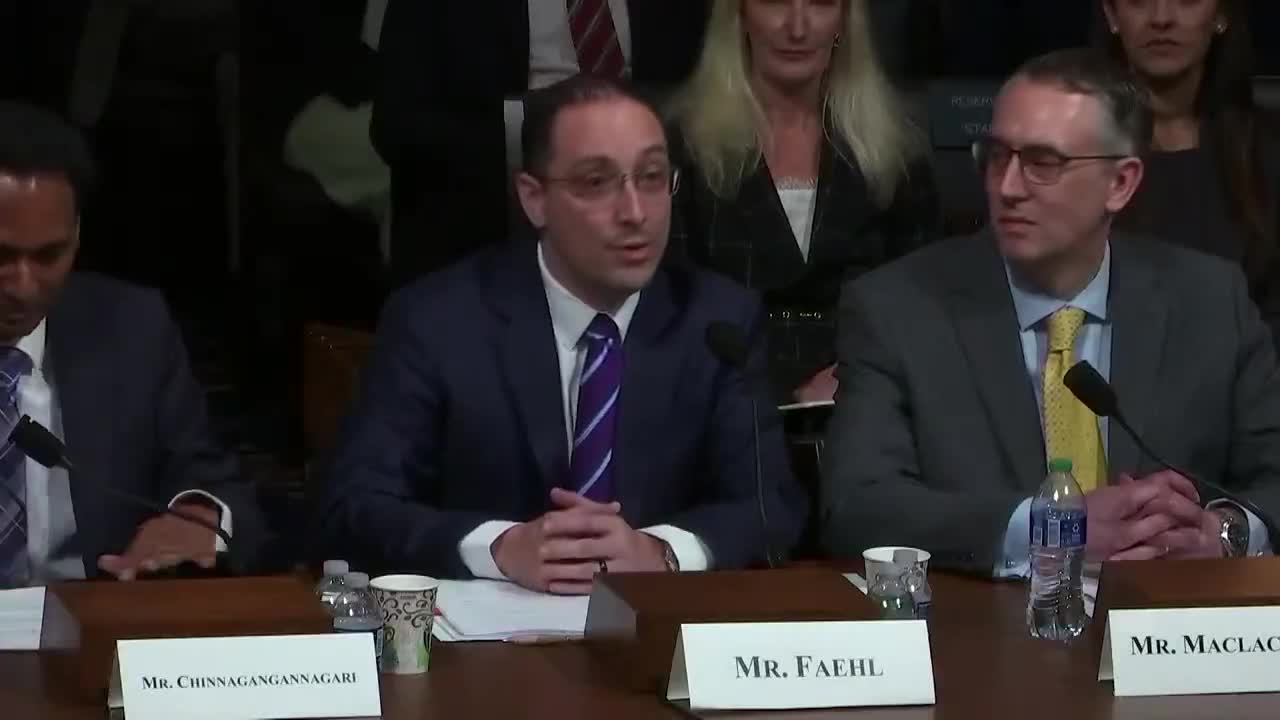Article not found
This article is no longer available. But don't worry—we've gathered other articles that discuss the same topic.

Rep. Higgins presses witnesses on risk when equity firms buy small infrastructure firms and drop cybersecurity

Witnesses urge red-teaming, shared datasets and secure-by-design standards for AI used in government systems

Industry witnesses tell House panel AI can scale cyber defense; vendors cite steep efficiency gains

